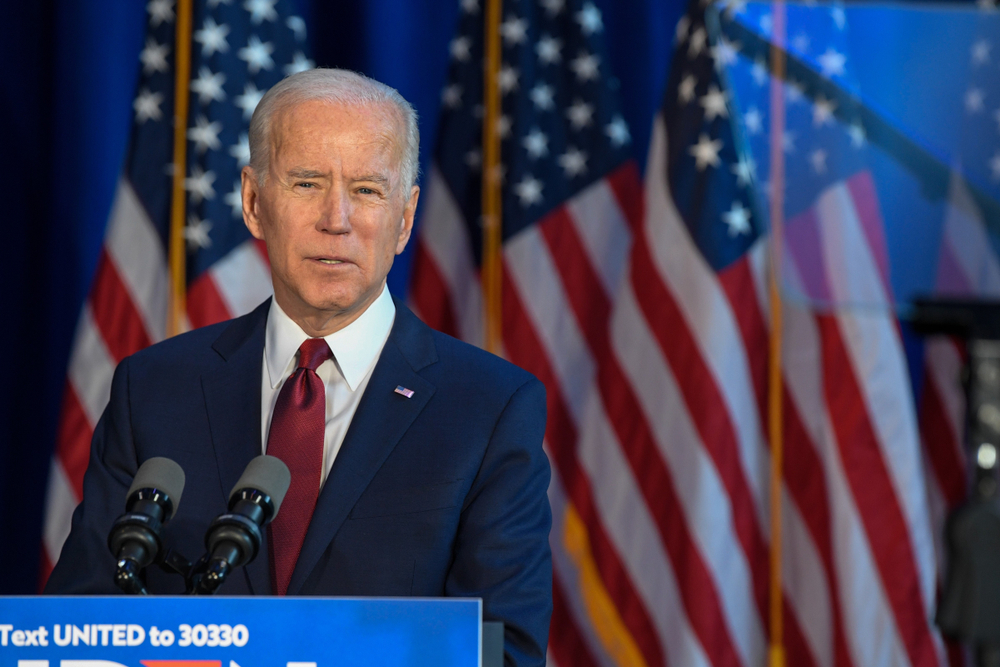
However, this doesn’t mean that Biden never had a health scare, as he already survived two brain aneurysms that happened in the 1980s. Now, he is on a different type of medication, like blood thinners, but also other tablets that help him deal with minor inconveniences, such as acid reflux, cholesterol, and even allergies.
The most recent scare he caused was when he almost took a tumble as he was boarding Air Force One. We’re definitely not keen on playing the “what if” game, especially if it involves the death of a leader.
However, it’s a subject that needs to be addressed, especially when it comes to what happened in the event that Joe Biden dies in office (which was, for example, a matter of concern when former-President Donald Trump came down with Covid-19).
The Presidential Succession Act assures an orderly transfer of power
It should bring you comfort to know that the country has established laws that guarantee the continuity of government, which keeps a vacancy from coming up in case the president dies while still in office.
The Presidential Succession Act has suffered some changes from the first time it was created in 1792, and amended in 1886, and then again in 1947. The changes were mainly focused on the positions of both the Senate president pro tempore and, but also on the speaker of the House within the line of succession.
In the event that the President of the United States were to die in office, the Succession Act says that he would have to be succeeded by Vice President Kamala Harris, and after that, by the speaker of the House, Nancy Pelosi.
After Pelosi, it would immediately come to the Senate president, Patrick Leahy, and then the Secretary of State Anthony Blinken. The last seat in the 16-person line of succession is the Secretary of Homeland Security, Alejandro Mayorkas.
The Presidential Succession Act has been used several times
There have been many times in history when the Presidential Succession Act worked. Even if America has been a peaceful country (mostly), it has had some experiences when it comes to losing a sitting president.
Out of 46 heads of government, eight have died in office. Four were ill, such as William Henry Harrison, who holds the record for the shortest presidency, dying of pneumonia after a simple cold, Zachary Taylor, who died from cholera, Warren Harding, who died of a heart attack, and Franklin D. Roosevelt, who died of congestive heart failure, developed before his fourth and final term.
The other ones, meaning Abraham Lincoln, William McKinley, James Garfield, and John F. Kennedy- were all assassinated, and all four of them were succeeded by the vice presidents they have chosen.








1 thought on “What If President Biden Dies?”
Mayorkas isn’t qualified as he was not born in the United States. Additionally, he is dumb as a rock, a liar, and totally unqualified to be even a house boy!